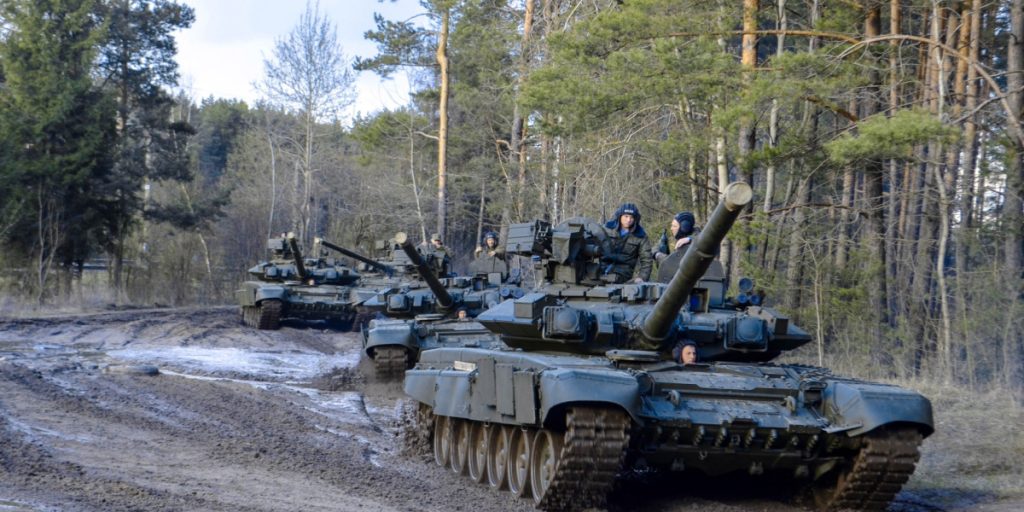he Kremlin starkly warns that sending NATO troops to Ukraine would unavoidably escalate into direct conflict.
Others are reading now
The Kremlin issued a stark warning on Tuesday, suggesting that a clash between Russia and NATO could become unavoidable if NATO countries decide to dispatch soldiers to Ukraine. This announcement followed French President Emmanuel Macron’s contemplation of such a move, although he acknowledged the lack of a consensus on the matter.
“The fact that the possibility of NATO members sending certain contingents to Ukraine is being discussed is a very important new element,” Dmitry Peskov, the Kremlin spokesman, stated.
“In that case, we would have to talk not about the possibility, but about the inevitability (of a direct conflict).”
In Ukraine, there’s a positive view of these discussions, with a high-ranking official praising the West’s consideration of military intervention as a recognition of the threat posed by Russia to Europe.
Also read
Mixed Reactions from European Leaders
Despite the discussions, NATO’s Jens Stoltenberg confirmed there are no plans to send forces to Ukraine.
Leaders from the Czech Republic, Poland, and Hungary expressed their intentions to continue support through military aid and focus on humanitarian and economic support, rather than deploying combat troops.
Slovak Prime Minister Robert Fico warned against such actions, arguing they would only escalate the conflict.
Similarly, Hungary’s Peter Szijjarto stated a firm stance against sending weapons or soldiers, advocating for an end to the war instead.
The US and NATO have also clarified they do not intend to deploy troops to Ukraine, despite ongoing debates and criticisms within France over Macron’s openness to the idea.
Criticism Within France
President Macron’s suggestions encountered strong criticism from both the left and right wings of the French political landscape. Critics condemned the idea of entering into a conflict with a nuclear-armed Russia, advocating for peace negotiations instead.
After a conference on aid to Ukraine, Macron emphasized Moscow’s aggressive posture and the vital need to support Ukraine. He mentioned the creation of a coalition to supply Ukraine with long-range missiles and stressed the importance of increasing aid, both financially and through weaponry.


